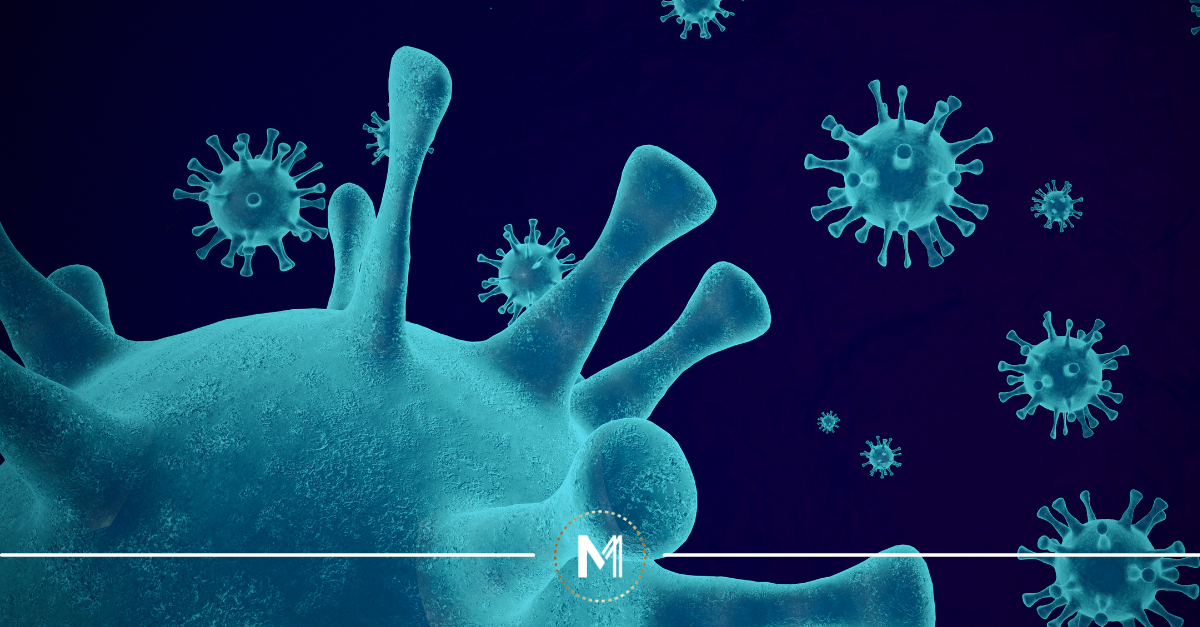Biologics play a significant role in the treatment of inheritable diseases, also known as genetic or hereditary diseases.
These diseases are caused by mutations or variations in an individual's DNA that are passed down from one generation to the next. Biologics, which are biological products typically derived from living organisms, offer various treatment strategies for a range of inheritable diseases. Here are some ways in which biologics are used in the management of inheritable diseases:
Gene Therapy
Gene therapy is a biologic approach that aims to treat inheritable diseases at their root cause, which is the underlying genetic mutation. By introducing a healthy or corrected copy of the defective gene into the patient's cells, gene therapy has the potential to treat or even cure certain inheritable diseases. This approach has shown promise in treating conditions like certain forms of severe combined immunodeficiency (SCID), muscular dystrophy, and some types of inherited retinal diseases.
Enzyme Replacement Therapy (ERT)
Inheritable diseases like lysosomal storage disorders, such as Gaucher disease and Fabry disease, result from deficiencies of specific enzymes. Biologic drugs can be designed to replace the missing or defective enzyme in the patient's body. These biologics, known as ERTs, help manage the symptoms of these diseases and improve patients' quality of life.
Monoclonal Antibodies
Monoclonal antibodies (mAbs) are biologic drugs that can be used to treat inheritable diseases such as certain types of cancer and autoimmune disorders. While not a direct treatment for the underlying genetic mutation, mAbs can target specific molecules or proteins associated with the disease, helping to alleviate symptoms and slow disease progression.
RNA-based Therapies
Biologics can include RNA-based therapies, such as small interfering RNA (siRNA) or antisense oligonucleotides (ASOs). These therapies can be used to modulate the expression of specific genes or target RNA molecules associated with inheritable diseases. This approach has shown promise in diseases like spinal muscular atrophy (SMA) and certain forms of amyloidosis.
Cell Therapies
In some inheritable diseases, particularly those affecting the blood or immune system, cell therapies like hematopoietic stem cell transplantation can be used. This involves the infusion of healthy donor cells to replace or supplement the patient's malfunctioning cells. These therapies can be considered biologics.
Biologic Disease Modifiers
In autoimmune inheritable diseases, where the immune system attacks the body's own tissues, biologics such as tumor necrosis factor (TNF) inhibitors and interleukin inhibitors can be used to modify the disease process, reduce inflammation, and alleviate symptoms.
In conclusion, it's important to note that the applicability of biologics in the treatment of inheritable diseases depends on the specific disease, its genetic basis, and the stage of the disease. Not all inheritable diseases have biologic treatment options, and the effectiveness of these treatments can vary. As research in genetics and biotechnology advances, the role of biologics in managing inheritable diseases is likely to expand, offering hope for improved treatment and even potential cures for some of these conditions.
Mantell Associates is a specialist Pharmaceutical and Life Sciences headhunting firm. To find out how we can assist with your business requirements, get in touch with Robin Mantell on +44 (0)20 3854 7700 or robin.mantell@mantellassociates.com.
Sources:
PubMed (PubMed Central): https://pubmed.ncbi.nlm.nih.gov/
National Institutes of Health (NIH): https://www.nih.gov/
Genetic Disease Foundation:https://rarediseases.org/organizations/genetic-disease-foundation/
Medical Journals: https://www.thelancet.com/
Academic Institutions: https://www.ucl.ac.uk/immunity-transplantation/clinical-services/diseases-treatments/inherited-diseases

